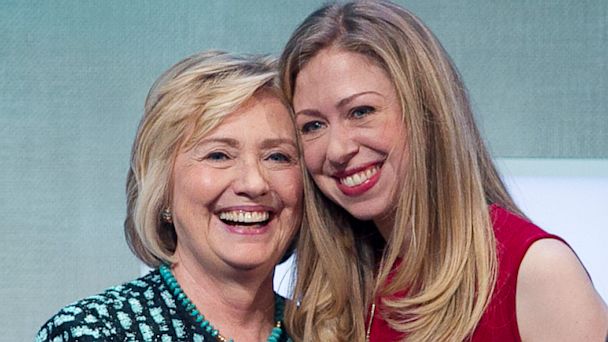 Dear Donna Preston,
Dear Donna Preston,You're much prettier in your headshot than the way they had you made up in Hit Man's Bodyguard, which I saw today. It was a pretty entertaining movie -- lots of good bits and clever twists, and great action sequences of course. But it also made me feel pretty shitty and unwelcome, like I imagine you must have felt when you made this film?
Or was it ok? I mean, seriously, being a working actress and sharing screen time with Salma Hayek? Or at least, sharing a scene with her -- I'm not sure they ever show you and her in the same frame. Did you film your part in real time, or was it all put together in post?
When we first see you're the punchline of Salma Hayek's first scene. The camera slowly zooms in on her silhouette, balanced on one leg in a yoga pose, beautifully disheveled and gazing out the window of her prison cell. She looks so graceful, somehow wearing her prison uniform with effortless style and TBH really great eye make-up. Someone brings her a phone and she engages in a shouting match with her beloved cucaracha, Samuel L. Jackson, screaming at him in Spanglish with a brilliant fire in her eyes. He patiently tames her with a little bluesy love song, and she melts -- until the call is disconnected. Irate, she slams down the phone and the camera turns towards the door where we see you - in the corner, taking just a peek at her display of frustration. "Did I TELL you you could turn around?!?!?!" she screams, and you turn back into the corner where you've been ordered to stay - facing the wall - and we all laugh -- because, that crazy Latina is so crazy, it's hilarious!
And then if if you're me, a fellow beautiful fat woman, we hate ourselves. Because your job in this movie is to be the literal butt of the joke. You're clothed in a sweatsuit that has ridden up, so that we can see untidy folds of fat straining the seams as you stand in the corner like a child whose been shamed. Your shame is that you're fat. I get it, because it's mine too. Later, when she screams and bullies you again, you fart in fear, and the audience laughs again. (I assume the fart was added in foley? Or, are you THAT good of an actress?)
In another scene, she lets you leave your corner, and you race out of frame, panicked. Somehow I get the idea that you really, really had to pee. Because, you needed to get out of that corner so desperately, that's the only thing I could think you'd be needing to do in a small jail cell. So funny!
It's really important to me that you understand that I don't blame you at all for doing this role. I imagine the paycheck was pretty decent, and worth the lackluster writing. I mean, in addition to Hayek's spicy Latina, we've got Samuel L. Jackson as a foul-mouthed, street-smart, quasi-animalistic black man. So, you know, it's not like anyone was in this thing to break down any political barriers.
I want you to know that I'm so happy you did this movie, and have a lot of other credits on imdb -- I'm going to keep my eyes out for you in the future. The world needs more fat actresses -- Melissa McCarthy can't be the only one, and I'm pulling for you. More power to you, and Hayek and Jackson, and to everybody's favorite Canadian, Ryan Reynolds. Hollywood seems like a tough city and there's not a lot you can do about the roles you get offered.
I don't know what the deal is with credited writer of this film, who decided to create a funny bit about the beautiful Salma Hayek and her pathetic, bullied room-mate. He also had Jackson spit the word "retard" at Ryan Reynolds, because, you know, fat people aren't the only people who deserve to be bullied. Based on his imdb page, he looks like a bit of a nerd? So maybe he knows from experience dehumanization is always good for a laugh.
And the director? He had a little "thank you for coming to the movies" intro to the film, and he seems like a decent guy, even if aggressively committed to pleasing the white, male 18-24 year old demographic. He hasn't made a lot of films and I mean, I got a kick out of Tarrantino's early stuff too, so if he had to be derivative, at least he steals from the best. It's not totally his fault that Ryan Reynolds was wearing too much pancake in several scenes or that the sound design made a lot of the dialogue unintelligible.
I imagine they're both assholes? But who knows -- they've made it in Hollywood and created a thing, and got to work with some talented actors, and heck, the movie had really some good chase scenes.
Donna Preston, I just wanted you to know that I saw you. I can imagine what it must have felt like to accept this role. To know it wasn't much but you'd commit to your character, the terrified prison cell-mate. How good it must have felt to cash the check, and how bad it must have felt when you saw your scene. Did you know it would turn out like that? How ugly it would be?
I just want you to know that I know that woman cowering in the corner wasn't really you. I want you to know that I see you. You did a really good job with your very brief screen time, and fuck everyone else in that piece of shit movie.
With love,
Rosalie








